Judge Rules Claims Against Airlines For 9/11 Attacks Can Go To Trial
A New York Federal District Court Judge has ruled that a lawsuit against American Airlines and United Airlines by the leaseholders to the buildings at the World Trade Center on September 11th can go to trial:
A U.S. judge ruled that AMR Corp’s American Airlines and United Continental Holdings Inc must face trial over claims relating to the September 11 attacks that destroyed the landmark towers of the World Trade Center in New York almost 11 years ago, court documents showed.
In July 2001, two months before the attacks, World Trade Center Properties LLC (WTCP) bought 99-year leases to four World Trade Center buildings from the Port Authority of New York and New Jersey Inc for $2.805 billion.
In its lawsuit against United Airlines and American Airlines, WTCP said that had it not been for the airlines’ negligence, “the terrorists could not have boarded and hijacked the aircraft and flown them into the twin towers,” on September 11, 2001, according a New York court filing.
The company claimed damages of $8.4 billion from the airlines, the estimated cost of replacing the towers.
Judge Alvin Hellerstein limited the value of WTCP’s destroyed property to $2.805 billion, the price WTCP paid for the leases.
The defendants denied they were negligent, and said the case should not go to trial because WTCP has recovered $4.091 billion from insurance companies.
Without knowing more about the current status of the litigation, and several quick Google searches have not yielded a plethora of updated information (some sites haven’t been updated since 2004), the one odd thing that strikes me is the idea that the airlines are responsible for security. Even before 9/11, security screening was covered by airports, not airlines. Of course, since the airports involved here are all owned and operated by quasi-government entities, there’s likely some sovereign immunity issue that prevents them from being held liable. In any event, I would expect these cases to be settled at some point if only because neither United nor American are likely to be in a position to pay nearly three billion dollars in damages.

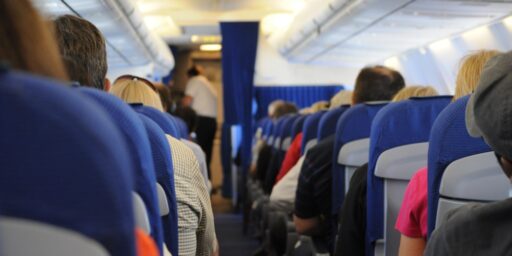
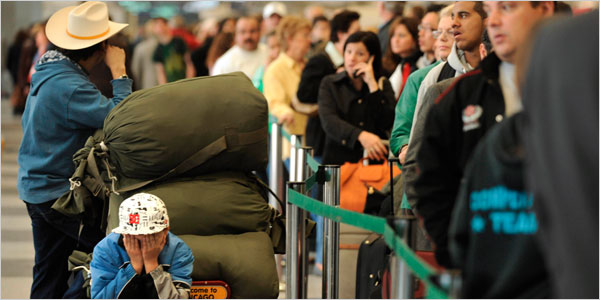
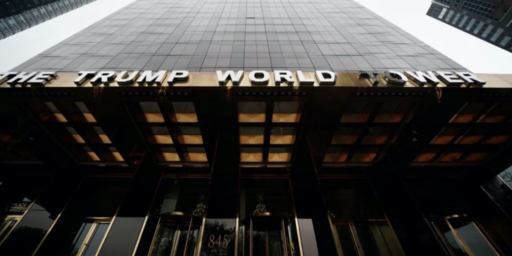
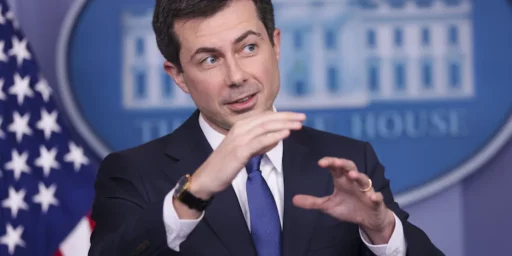
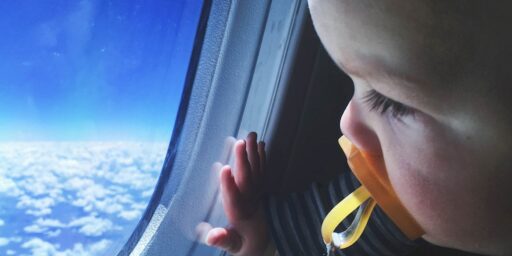
*sigh*
Breathtaking. Our legal system is amazing.
My understanding is that pre-9/11, airlines were responsible for security screening but contracted with most (if not all) airports to centralize screening on their behalf, to save costs; otherwise each airline would have needed its own dedicated “sterile” area or all screening would have to be done at the gate. Here’s what Wikipedia says (so take it with an appropriate grain of salt, naturally – there’s no citations):
Here is a copy of the decision. Link It really only addresses a motion to apply the collateral source rule (whether the $4 billion of insurance recovery effectively eliminates the $2.8 billion in potential losses).
Chris is right. The airline that had operational control fo a concourse held responsibility for the security there and that was, generally, contracted out. The airlines had lobbied hard to retain that responsbility. Limitations on liability for passengers and their effects were in place and limited the airlines’ exposure in case of a security breach.
However, that changed post-9/11. The attacks made it clear that there were substantial risks from damage on the ground and that increased the airlines’ exposure enormously.
They were responsible for security on their planes while in flight, and given that the simple expedient of providing locking cockpit doors would have been enough to foil the attacks, it’s hard to argue that the airlines weren’t negligent.
This seems kinda ridiculous. Yes, the airlines had security responsibility, but that only functions with the support of numerous outside (largely governmental) sources. Bear in mind – every single one of those hijackers was in the country _legally_. Aside from spotting their weapons, I can’t think of a whole lot the airlines could have done to stop this from happening. Locked cockpits would have been nice, but if they claimed to have bombs & threatened to blow up the whole plane if they weren’t let fly the plane, what would have happened? Remember – the only people who thought planes might be used for anything other than transportation for hijackers were the people who wrote the President’s Intel Brief. And clearly, nobody was listening to them…
@Stormy Dragon: I think that’s a bit of a post hoc argument based upon what we know now. IIRC, the 9/11 report detailed that the airlines’ standard of care was directed towards the risk of hijackings, and the pilots were willing to give up control of the plane for the safety of the passengers. Securing the cockpit doors is another way of saying that now all of the passengers are expendible.
The odd thing to me about the lawsuit is that this particular plaintiff owns no property that was damaged, nor was the plaintiff physically injured or killed. Plaintiff is a tenant of 99-year leases. The Plaintiff promised in the lease agreements with the Port Authority to repair any damage to the building, and the tenant apparently was underinsured. The court has already ruled that the Plaintiff can’t sue for the costs to rebuild, but is limited to the lost value of the leases, i.e. its unmet economic expectations. In many states, I think the plaintiff’s injury would be characterized as pure economic loss, which does not create liability in tort. NY law may be different are the length of the lease, coupled with the obligation to repair the property, might be enough.
@PD Shaw: NY law may be different [or] the length of the lease, coupled with the obligation to repair the property, might be enough.
@PD Shaw:
The damaged property is the exclusive right to make use of particular tangible assets that were conveyed by the the lease. That property has been damaged in that right is now worthless since the building has been destroyed.
@PD Shaw:
So what you’re saying is that the airlines made an explicit decision to respond by hijackings by ceding total control of the plane to a violent criminal and the people harmed by this decision don’t have a legal right to question whether that decision could have reasonably been expected to lead to disaster?
@legion:
Except that the arilines did know of the possibility of this occuring, because it had already happened to them before:
http://en.wikipedia.org/wiki/Samuel_Byck
@Stormy Dragon: True, but kind of tangential… one incident in 1974 that (literally) never got off the ground seems unlikely to have as large an impact on aircraft security policies as the numerous “take me to X” hijackings that have also occurred. Despite his extensive preparations, Byck was clearly unhinged, if not insane – shooting both pilot & co-pilot when they couldn’t take off because the wheel blocks hadn’t been removed & then grabbing a random passenger & ordering them to fly the plane isn’t quite on a par with the sophistication of the 9-11 plot. Possibility != probability.